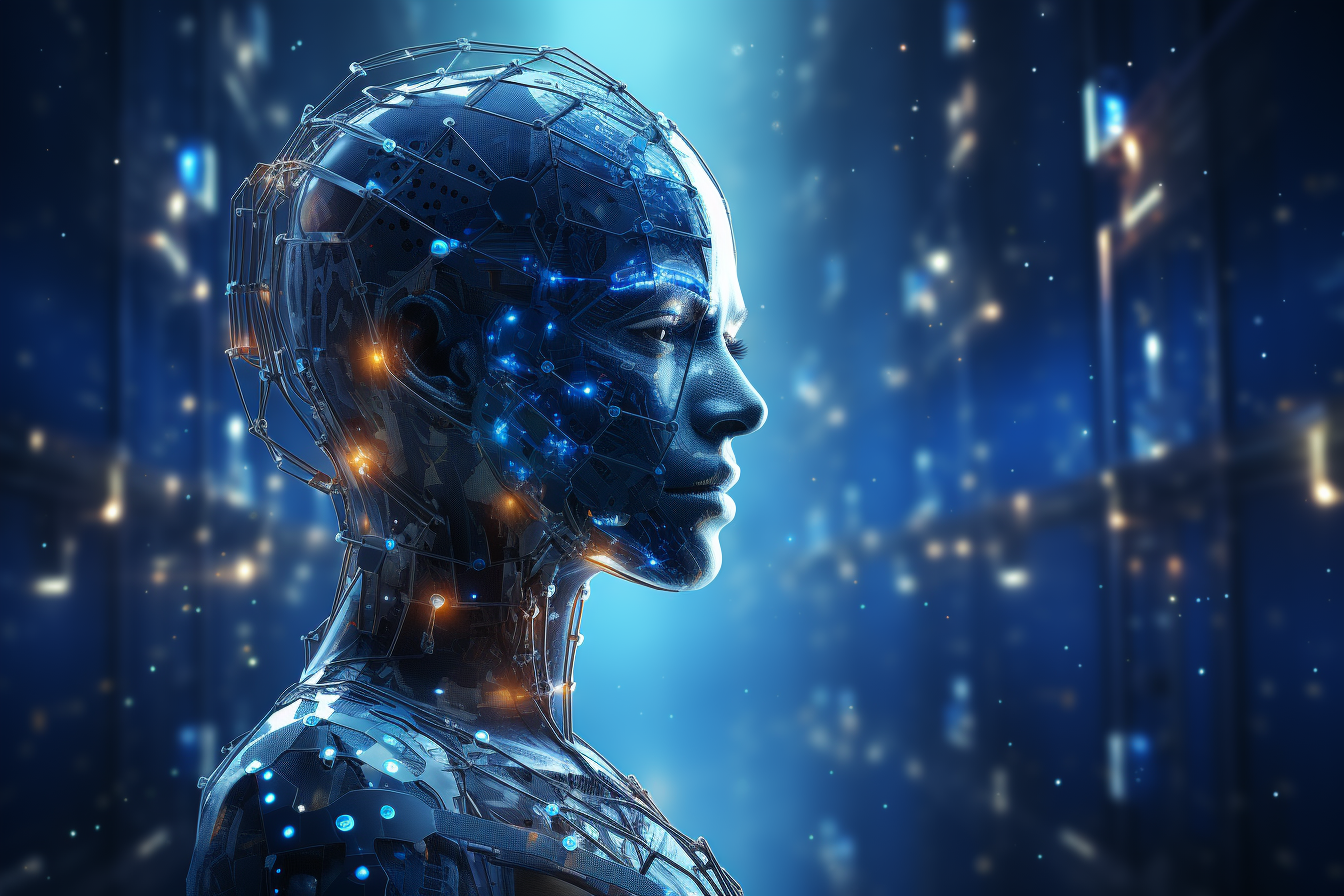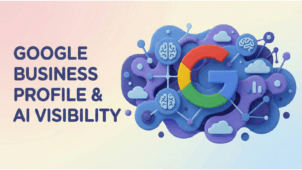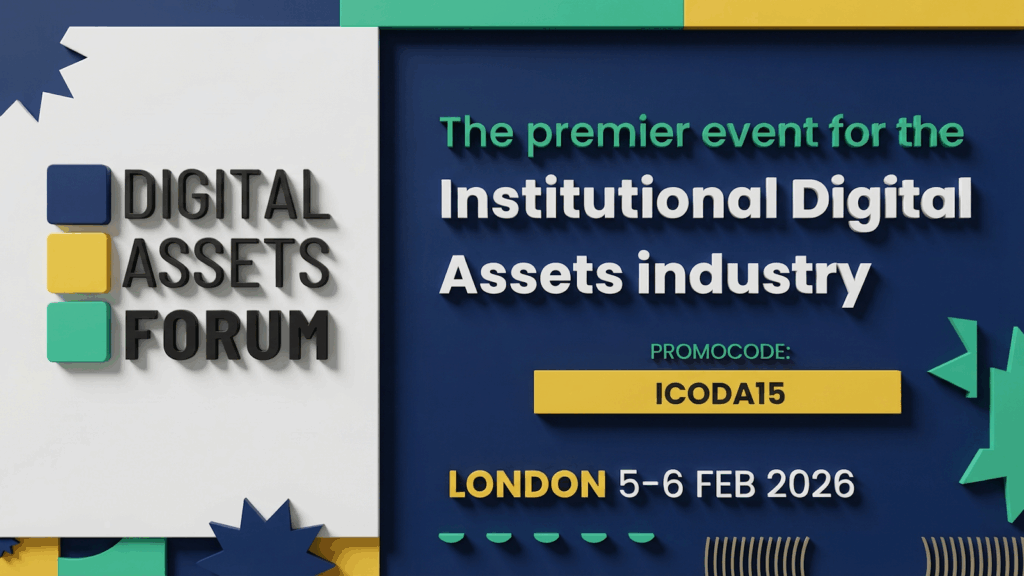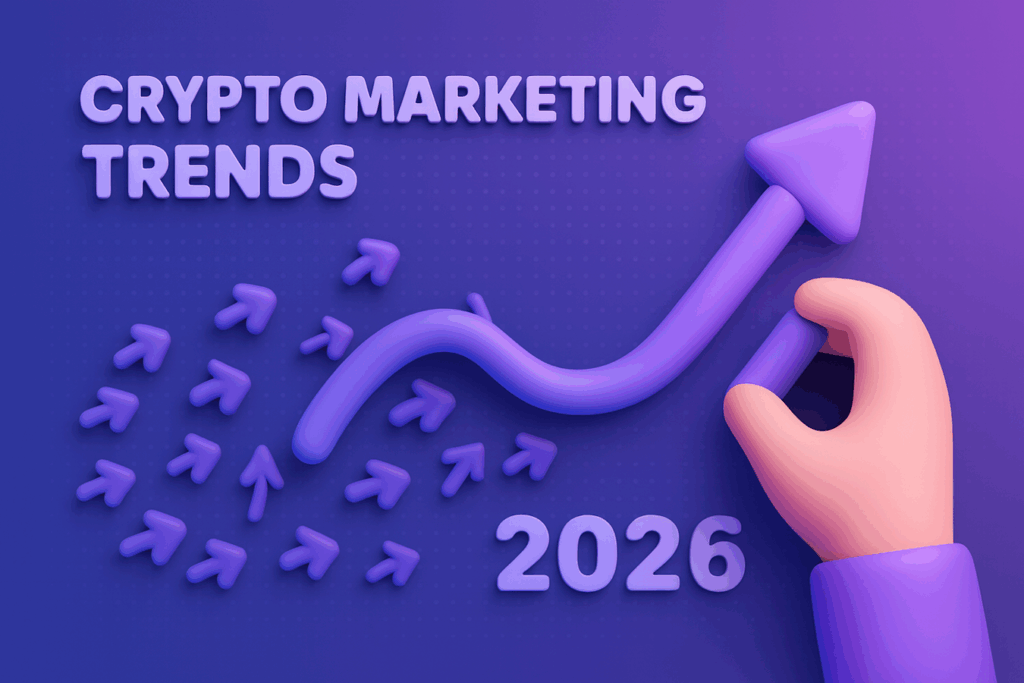share
Over the past decade, Internet users across the world have experienced a gradual rise in interest in blockchain technology. Ever since its first inception in early 2009, blockchain technology has been steadily growing to encompass a variety of use spheres around the world. During that time, blockchain technology has proven its usefulness across the net.
In more recent times, though, we have experienced a boom in the artificial intelligence ecosystem, with AI models and AI systems very quickly evolving and becoming the newest sensation of the new generation of Internet users. Stuff like on-command AI text generation and a variety of character AI chatbots have become increasingly popular over what feels like only a couple of years.
Much more recently, though, an unexpected opportunity to merge the two has become popular. An opportunity very few could see coming: AI working side by side with blockchain technology!
Shared benefits of AI models, AI systems, and smart contracts on blockchain

You would be surprised by how many values and benefits AI and blockchain share. Even though the two technologies come from completely different fields, the methodology of their creation and operation can be easily traced back to the same core ideals. To the same extent, when the two technologies work together, it can lead to completely new benefits previously untapped by any market.
Legitimacy
Especially in recent years, AI has been under some backlash in regard to the authenticity and legitimacy of the data it uses as well as the content it produces. With blockchain technology in tow, AI can be kept “under control.” Blockchain networks provide a clear and traceable history of the data and content stored there. In the collaboration between AI and blockchain, the latter can act as a safety measure to make sure that AI does not get abused. This all helps make recommendations and AI advice more trustworthy.
Enlargement
Blockchain networks, in their essence, are giant storages of data built with scaleability, enlargement, and security in mind. This could greatly benefit AI, a technology that reads and understands data at speeds incomprehensible to regular humans. With such a database in its possession, AI can skyrocket drastically into an absolute monolith of an adviser that manages data at neck-breaking speeds.
Mechanization
AI and blockchain, if put together, can benefit a variety of business processes. AI can automate tasks such as smart contracts, making any business transaction that was already incredibly fast on blockchain and making it even faster, possibly faster than any of us could ever imagine. Less friction and waiting times are the so-called motos of the new internet age. Lightning-quick response times and automation of tasks can help businesses cut down on unnecessary operational spending.
Implementation opportunities
While the merging of the two technologies is exciting as is, and their shared benefits can be extremely advantageous to a variety of businesses worldwide, let’s dive deeper into the implementations of this new technology.
The healthcare industry

AI can be greatly beneficial to the health industry. Just like in many other industries, here, AI could be used to form predictions and give advice to medical staff concerning patient treatment. Moreover, this could be made a flawless ordeal with the addition of patient data stored on many blockchain networks in the industry! With AI and blockchain, people can get better treatments and services in healthcare facilities than ever before!
The pharmaceutical industry

At first, you might wonder how AI and blockchain can be helpful in the pharmaceutical industry, but the answer is quite simple. The traceability and visibility of drug supplies, chains, and consumption can be made a whole lot easier with the implementation of such cutting-edge technology. Moreover, clinical trials can be made faster and more successful with the implementation of AI and blockchain.
Financial services
This one is pretty obvious since the first implementation of a blockchain network was to support a digital currency, but with the implementation of AI alongside it, we can reach even greater heights! In actuality, this technology is already being used in a wide variety of financial services to speed up the rates of transactions, make custom express forms, and more!
Supply chain
We finally have the technology to completely reinvent the supply chain field from its feet! A largely paper-based system can now be completely uprooted and digitized with the use of AI and blockchain. Information on shipments and other supply-related data can be securely stored on a blockchain network while the AI expedites the process! Moreover, this can easily lead to a more green and eco-friendly landscape in said supply chain due to AI being able to analyze data at an insane speed and can be trained to easily spot unnecessary carbon emissions.
Authenticity Verification
Now, let us dive deeper into more widespread use cases that AI and blockchain can usher in. Over the last few years, we have seen the incredible ability of AI to learn the craft of producing images and other forms of media. At first glance, this technology can easily impact all fields of commerce by raising productivity drastically, but once you look deeper, you can start seeing a few exploitative opportunities within it. For example, the ability to create any picture on the whim of any internet user raises fraudulent activity on the web, an already big problem. In actuality, we have already seen some implementation of this technology to further the goals of misinformants. Look at deep-fakes. Such technology, if used rigorously, can easily spread misinformation and wreak havoc on the Internet.
This is where blockchain comes in. With its incredible data-storing capabilities and data trackability, such destructive technology can be tamed and used for the better. Blockchain, if given enough resources, can easily track down and validate the authenticity of any piece of media stored on it.
If AI’s development keeps skyrocketing like it is now, we will soon need such tracking technology to differentiate AI-created content from human-created content. Further down the line, the trackability of art, videos, and images might be imperative to the stability of major service and commerce fields, not to mention society at large. In a future where AI-generated content prevails, it might be imperative that blockchain is used to create platforms that benefit and highlight individual creators instead of artificial intelligence.
Finally, NFT technology can be used to circumvent a lot of these problems completely. By turning human-generated content into NFTs or assigning an NFT to a piece of content, a creator can establish a digital footprint that can be easily tracked on the blockchain. Every piece of NFT that is minted stores within it the information of its minting, where and how it was minted, making it incredibly easy to pinpoint the original creator.
Data Analytics
With the blockchain’s prowess of storing vast amounts of information in one secure place and AI’s ability to sift through data in the blink of an eye, this use case is pretty obvious to most people. Currently, a vast amount of businesses are transitioning to work with blockchain, and if this trend continues, AI can easily be added to the mix to provide any blockchain user that has access to the data storage key to view overarching trends and actionable intelligence advice the AI has grasped with predictive analytics.
Moreover, AI can help speed up and flatten bumps in the mining and minting processes that take place on certain blockchains. This could make it so that each blockchain requires less computing power and has lower latency.
Thought leaders and their thoughts on AI and Blockchain
To facilitate the usefulness of this wonderful collaboration, let us see what the most influential people in businesses think about AI and blockchain.
Coinbase
Leo Liang, the head of data platform and services, disclosed their opinion on this collaboration. In their mind, this collaboration could be a wonder to behold, but the technology just is not there yet to benefit Liang’s field much at all. Since Leo Liang’s field is concerned with data, they are most excited about the data analysis use case we have previously. Liang expresses concerns due to the implementation of this technology since the blockchain is a self-isolated system, and you would need a large amount of effort poured into transforming the data stored on there into the data an AI could read.
Semiotic Labs
Semiotic Labs’ Sam Green, the co-founder and head of research, shared their thoughts on the matter as well, saying that they have already made a model system that allows for the transformation of blockchain data into AI-readable data. Sam calls this “The Graph,” and it can seamlessly and easily transcribe data found on the blockchain into such data that the AI can read, analyze, and act upon.
According to Sam Green, the blockchain is the best environment to train AI models due to the sheer amount of data hosted there!
At the end of the day
In conclusion, the synergy between artificial intelligence (AI) and blockchain technology marks a paradigm shift in the digital landscape. As AI continues its meteoric rise, blockchain emerges as an unexpected ally, fostering a harmonious collaboration that amplifies the strengths of both technologies.
AI, with its prowess in machine learning and problem-solving, finds a stabilizing force in blockchain’s transparency and traceability. This partnership addresses concerns about AI’s legitimacy, providing a secure framework for data and content verification. The shared benefits extend to scalability, where blockchain’s vast data storage complements AI’s rapid data processing, propelling AI into unprecedented realms of advisory efficiency.
Automation becomes a hallmark of this collaboration, exemplified by the swift execution of smart contracts in various business processes. Implementations across industries, such as healthcare, pharmaceuticals, financial services, and supply chains, showcase the transformative potential. The marriage of AI and blockchain not only enhances predictive capabilities in healthcare and traceability in pharmaceuticals but also revolutionizes financial transactions and ushers in a sustainable era for supply chain management.
This fusion is not merely a technological evolution. It’s a revolutionary stride toward a smarter, more secure, and interconnected future.








